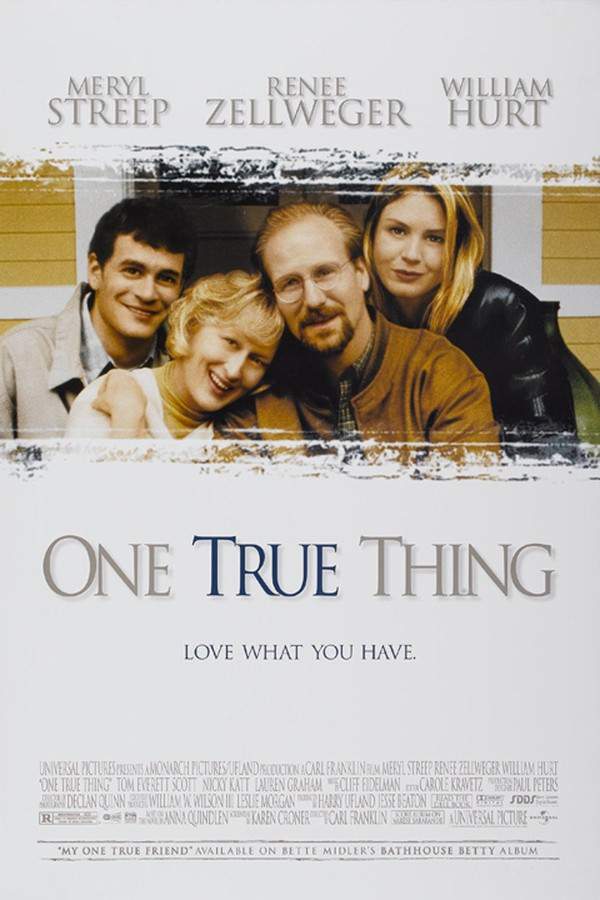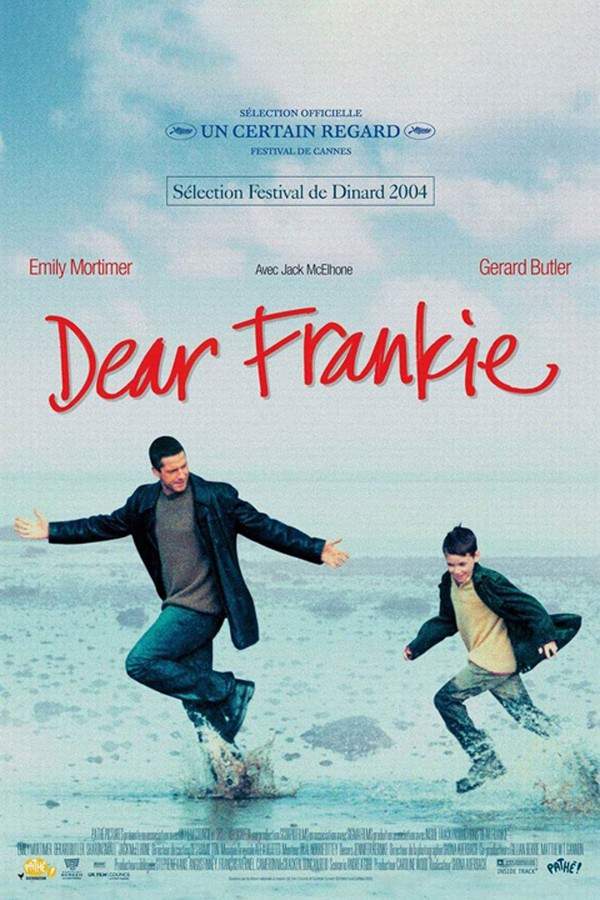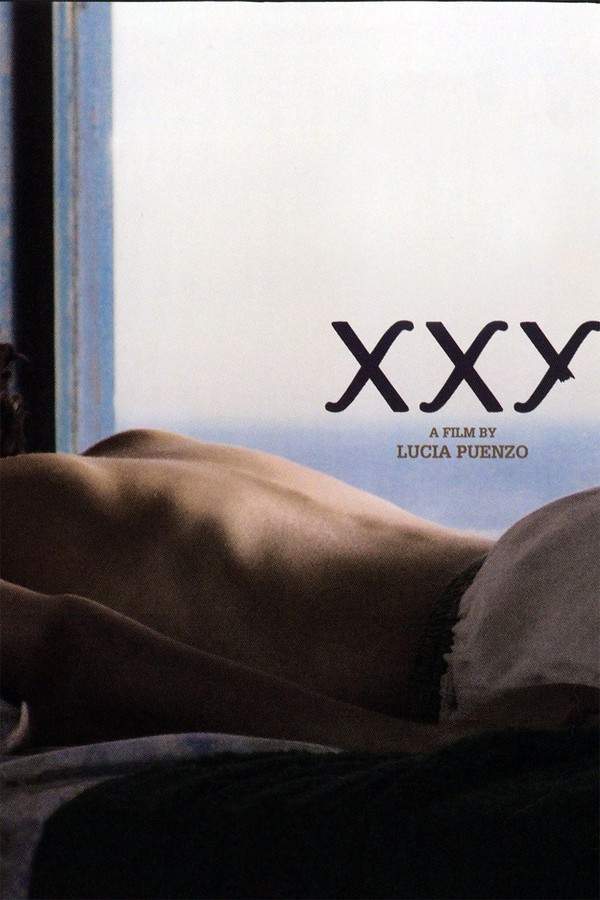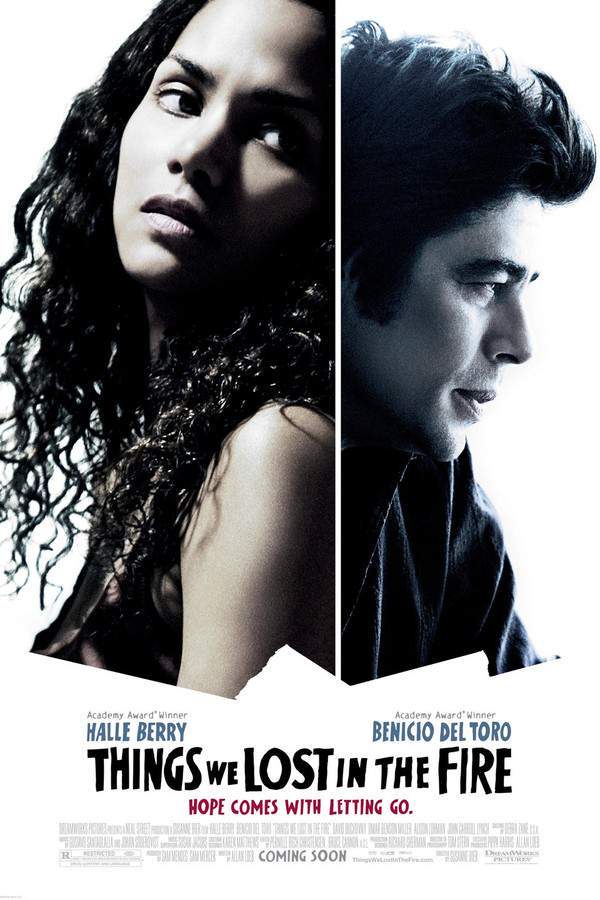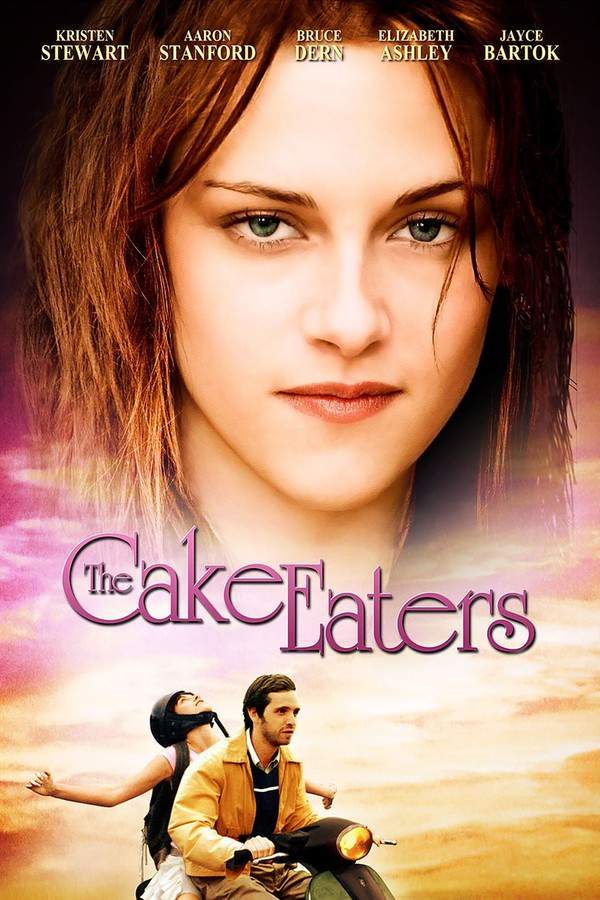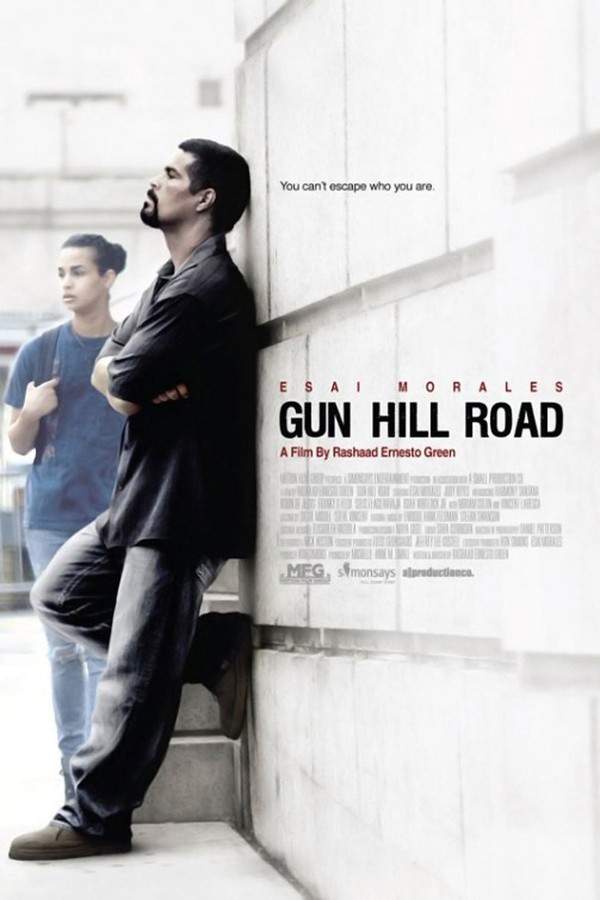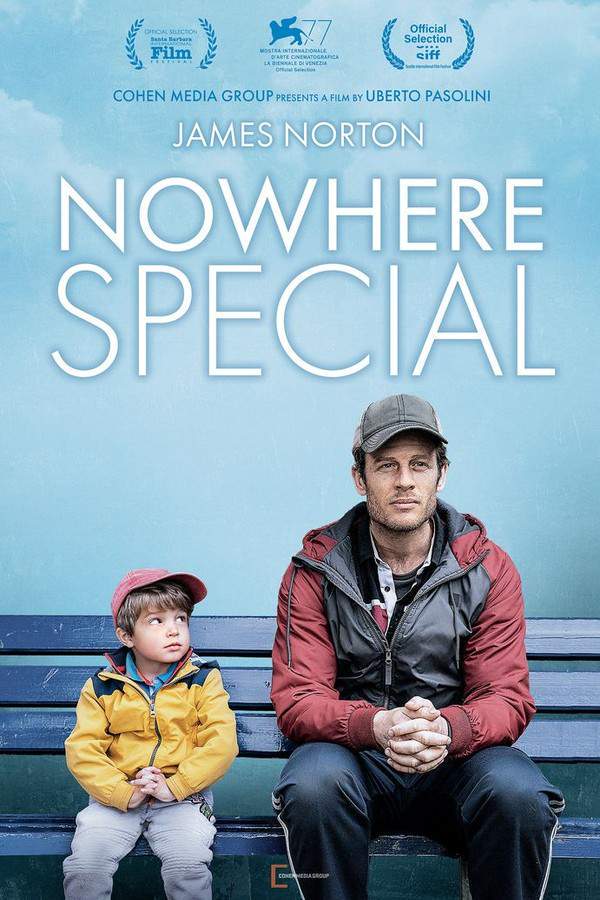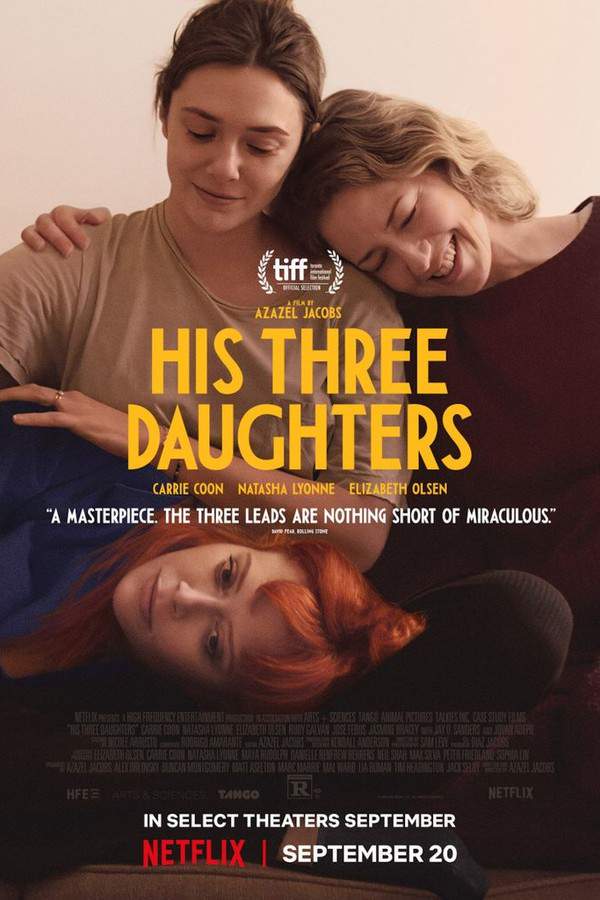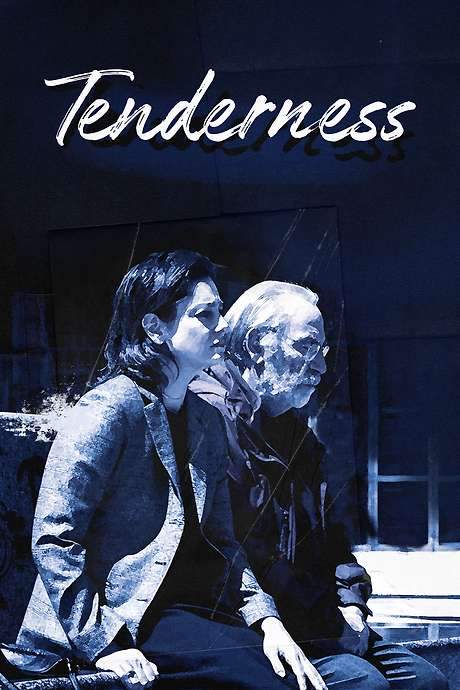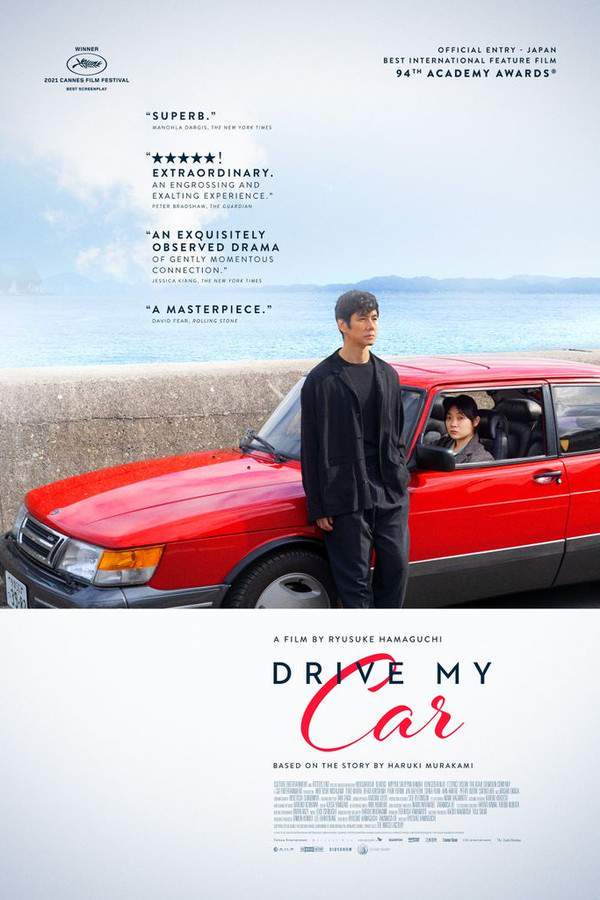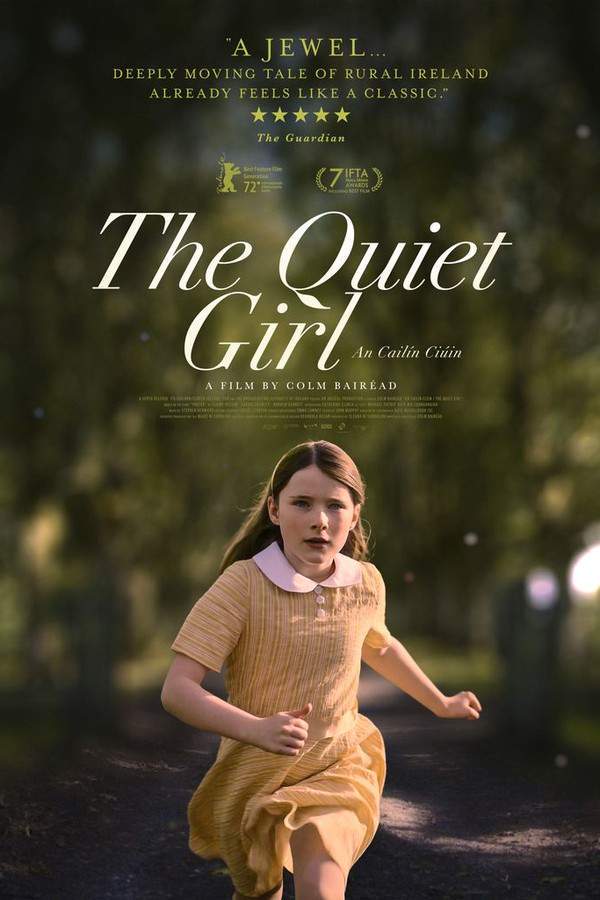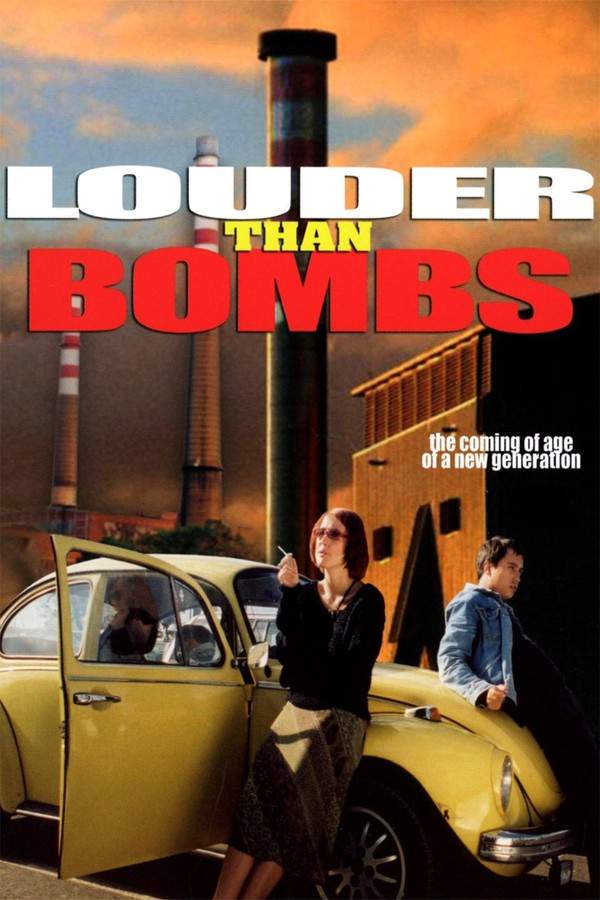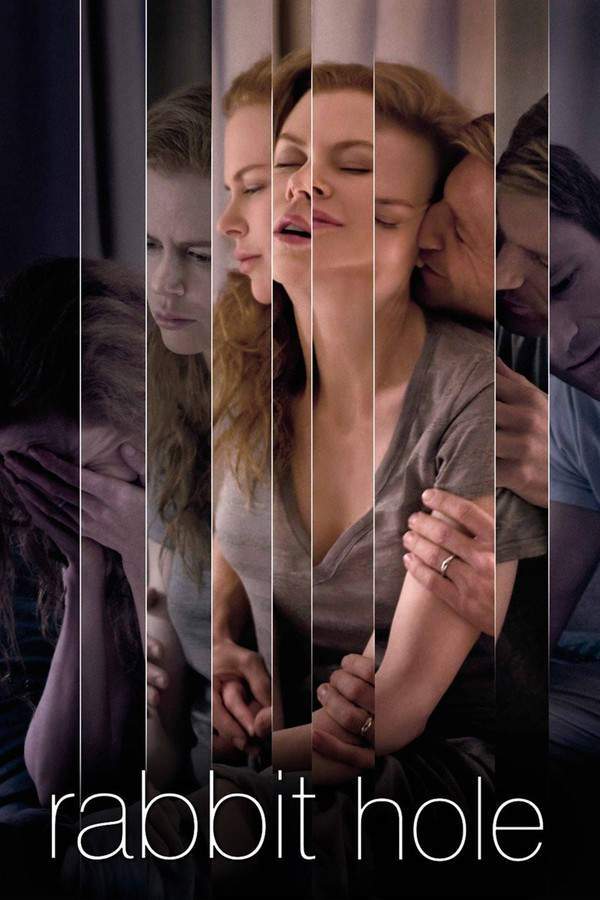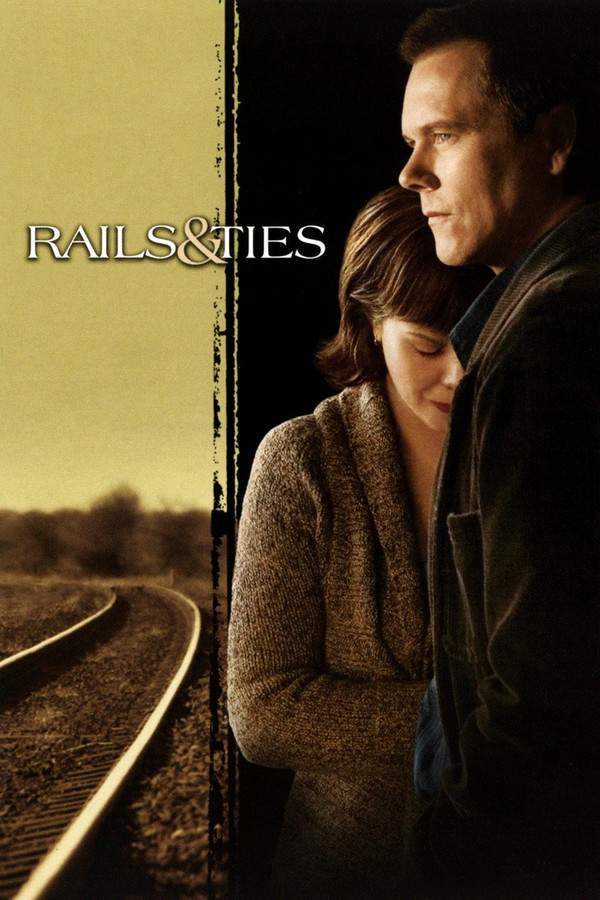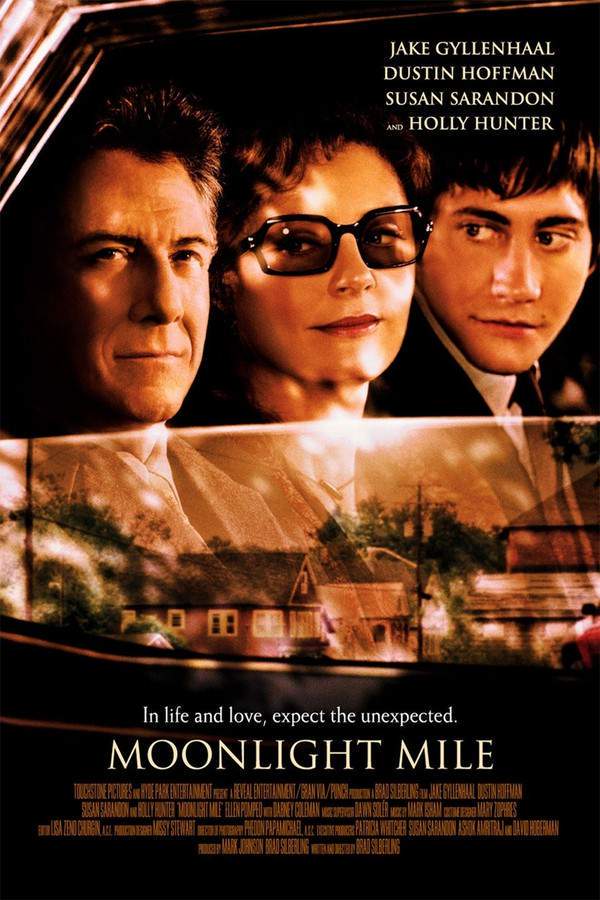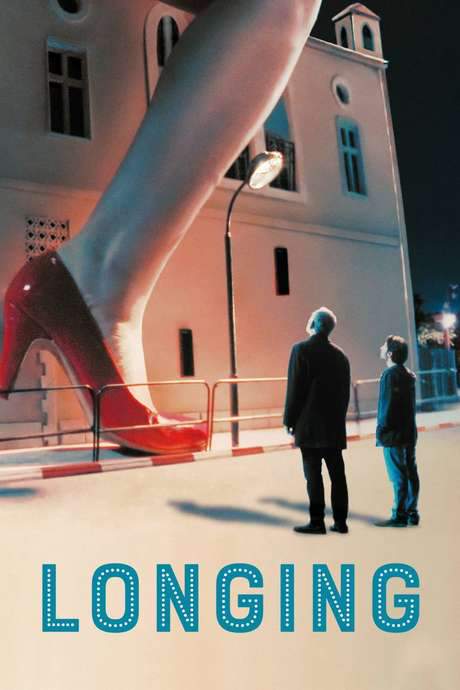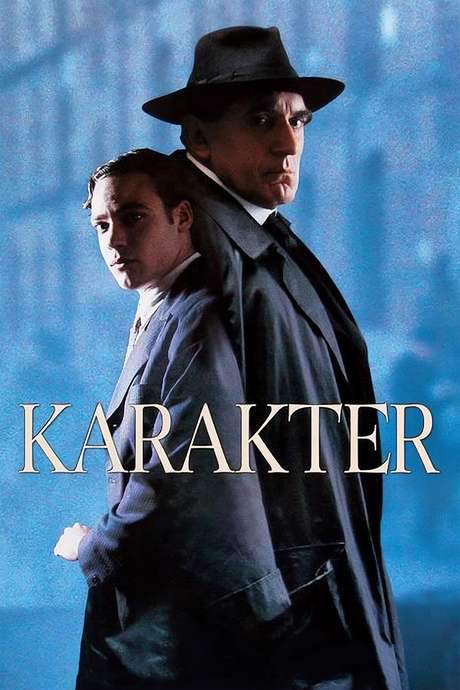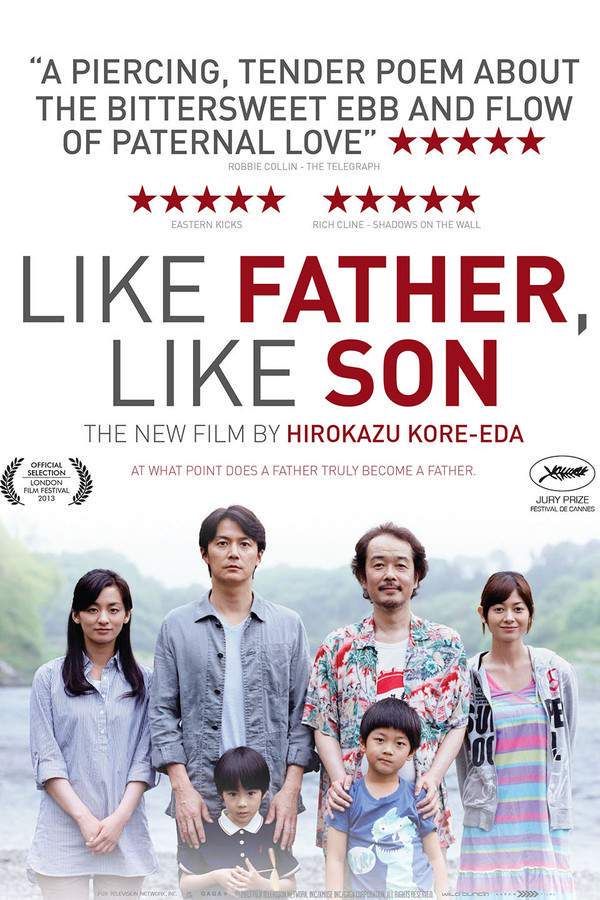
Like Father, Like Son
Year: 2014
Runtime: 121 min
Language: Japanese
Director: Hirokazu Koreeda
In modern Japan, architect Ryota’s meticulously planned life is thrown into turmoil when he learns his infant son was swapped at birth with another family’s child. Forced to confront this unexpected truth, Ryota must navigate a complex moral and emotional crisis, grappling with questions of identity, responsibility, and the very definition of family. As he interacts with the other family and his biological son, Ryota's rigid worldview begins to soften, leading to a profound understanding of human connection and the enduring power of love.
Like Father, Like Son (2014) – Spoiler-Free Movie Summary & Plot Overview
Get a spoiler-free look at Like Father, Like Son (2014) with a clear plot overview that covers the setting, main characters, and story premise—without revealing key twists or the ending. Perfect for deciding if this film is your next watch.
In contemporary Tokyo, the rhythm of glass‑clad skyscrapers and quiet suburban streets mirrors the orderly life of Ryōta Nonomiya, a dedicated architect whose world is built on precision and control. He and his wife Midori have cultivated a seemingly perfect family, raising their young son Keita amid the sleek routines of a career‑driven household. The city’s polished veneer, however, conceals an undercurrent of uncertainty that suddenly surfaces when a routine hospital call shatters their measured existence.
The revelation that a newborn mix‑up may have swapped Keita with another child introduces a profound moral quandary that forces the couple to confront the fragile foundations of identity and responsibility. As they grapple with the unsettling possibility that the boy they have loved may not be their biological son, the film gently unfurls a meditation on what truly defines parenthood—blood, memory, or the everyday moments of connection.
Across town, the other family caught in the same administrative error lives a contrasting life. Yukari and Yūdai Saiki, whose modest lifestyle is steeped in simplicity and heartfelt devotion, embody a different perspective on love and duty. Their presence hints at the varied ways people cope with loss, hope, and the yearning to belong, setting up a delicate emotional dance between the two households without revealing the steps they will eventually take.
The tone of the story is introspective yet warm, balancing the crisp efficiency of modern Japanese urbanity with the messy, tender realities of family life. Through quiet conversations, lingering glances, and the unspoken weight of daily routines, the film invites the audience to contemplate how love can reshape even the most rigid of worldviews, leaving a lingering curiosity about the choices that lie ahead.
Last Updated: August 10, 2025 at 05:55
Explore Movie Threads
Discover curated groups of movies connected by mood, themes, and story style. Browse collections built around emotion, atmosphere, and narrative focus to easily find films that match what you feel like watching right now.
Movies about identity and family crises like Like Father, Like Son
Stories where contemporary lives are disrupted by profound personal revelations.Find movies similar to Like Father, Like Son that explore modern dilemmas of identity and family. If you liked the emotional depth and moral complexity of Ryota's story, these films feature ordinary people grappling with life-shattering revelations about parenthood, love, and self.
Narrative Summary
The narrative pattern typically begins with a stable, often meticulously controlled life that is suddenly fractured by an unavoidable truth or moral quandary. The plot then follows a gradual, internal journey as the protagonist navigates grief, confusion, and the difficult process of rebuilding their understanding of family and self, often without a clear-cut resolution.
Why These Movies?
These films are grouped together because they share a focus on intimate, emotionally heavy dramas that use a specific personal crisis as a lens to examine broader themes of nature versus nurture, biological versus chosen bonds, and the true meaning of family in the modern world.
Slow burn emotional dramas like Like Father, Like Son
Films that build profound emotional impact through quiet, intimate storytelling.Discover movies with a similar pacing and emotional weight to Like Father, Like Son. These slow burn dramas focus on intimate character studies and heavy themes, delivering a bittersweet and contemplative viewing experience for those who appreciate deeply felt stories.
Narrative Summary
Stories in this thread unfold with a deliberate pace, emphasizing character development and emotional states over complex plotting. The central conflict is often internal—a struggle with grief, acceptance, or a fractured relationship. The climax is typically not an explosive event, but a quiet moment of realization or connection that carries the cumulative emotional weight of the entire film.
Why These Movies?
These movies are united by their specific combination of slow pacing, heavy emotional weight, and a bittersweet tone. They create a similar viewing atmosphere that is contemplative, deeply moving, and focused on the gradual unfolding of human emotion.
Unlock the Full Story of Like Father, Like Son
Don't stop at just watching — explore Like Father, Like Son in full detail. From the complete plot summary and scene-by-scene timeline to character breakdowns, thematic analysis, and a deep dive into the ending — every page helps you truly understand what Like Father, Like Son is all about. Plus, discover what's next after the movie.
Like Father, Like Son Summary
Read a complete plot summary of Like Father, Like Son, including all key story points, character arcs, and turning points. This in-depth recap is ideal for understanding the narrative structure or reviewing what happened in the movie.

Like Father, Like Son Timeline
Track the full timeline of Like Father, Like Son with every major event arranged chronologically. Perfect for decoding non-linear storytelling, flashbacks, or parallel narratives with a clear scene-by-scene breakdown.

Characters, Settings & Themes in Like Father, Like Son
Discover the characters, locations, and core themes that shape Like Father, Like Son. Get insights into symbolic elements, setting significance, and deeper narrative meaning — ideal for thematic analysis and movie breakdowns.

More About Like Father, Like Son
Visit What's After the Movie to explore more about Like Father, Like Son: box office results, cast and crew info, production details, post-credit scenes, and external links — all in one place for movie fans and researchers.


